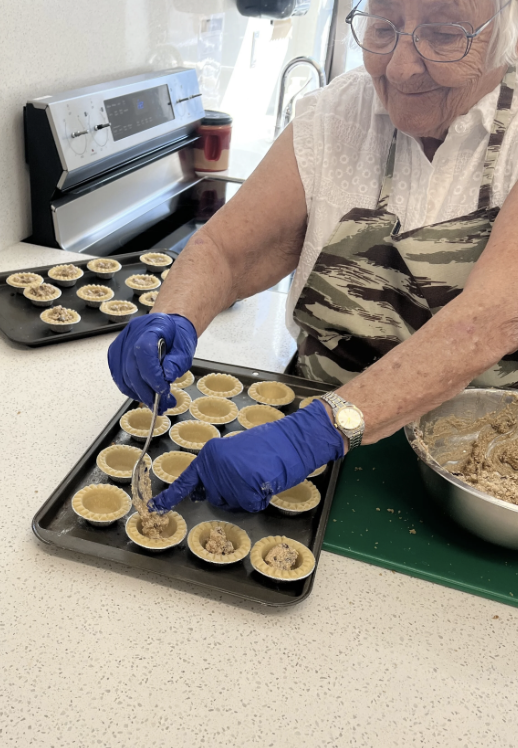[Blog] We can fight hunger

Senior food insecurity is a growing but often overlooked crisis. It means means not having reliable access to affordable, nutritious food. As our population ages and the cost of living rises, this issue is becoming increasing urgent. According to Statistics Canada, food insecurity among older adults has risen by 40 per cent in just the past two years.
Food insecurity is felt worldwide, not just here in Canada. In Canada, there are 5,500 food banks, and in one month alone, 2 million people visited them. For seniors, this means hunger is paired with a limited ability to access nutritious food due to mobility issues, fixed incomes, and the rising costs of medicine and health care. In recent years, we have seen significant increases in the cost of food, rental housing (increased by over 30 per cent of one’s income) and overall living expenses.
Seniors on a fixed income sometimes have to make the difficult choice of paying for their medications or buying food. For example, Seniors Blue Cross does not always cover the full cost of prescriptions, and some medications are not covered at all. This often leaves seniors paying $200 - $300 out of pocket each month.
-
By
Unison for generations 50+
-
Published
Nov 10, 2025
-
Subject Area
- Age-friendly Communities
- Food & Nutritional Support
- Food Security & Nutritional Supports
-
Audience
- Service Providers (Non-profits, Community Organizations, Local government)
- Caregivers, Seniors & Volunteers
- Volunteer Coordinators/Leaders
-
Category
Newsletter
Sign up for the Healthy Aging CORE Alberta e-news to keep up-to-date with activity from the platform and the Community-Based Seniors Services (CBSS) sector across the province.
